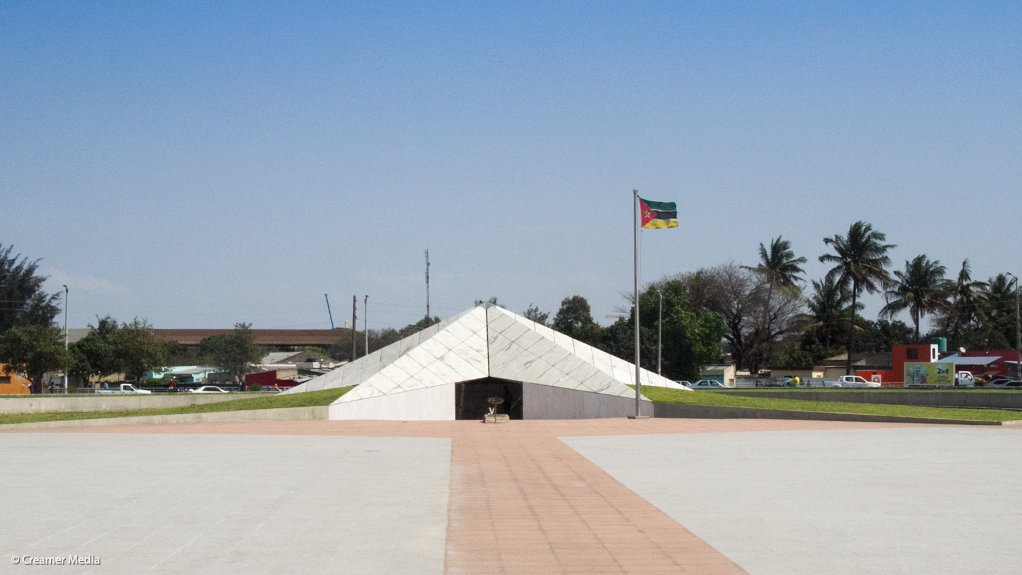Only five more World Trade Organisation (WTO) members need to ratify the trade facilitation agreement (TFA) to bring it into force, after Mozambique became the 105th member to ratify the agreement.
Mozambique’s instrument of acceptance was submitted to the WTO on January 6. The TFA will enter into force once two-thirds of the WTO membership have formally accepted the agreement.
Concluded at the WTO’s 2013 Bali Ministerial Conference, the TFA contains provisions for expediting the movement, release and clearance of goods, including goods in transit. It also sets out measures for effective cooperation between customs and other appropriate authorities on trade facilitation and customs compliance issues, while containing provisions for technical assistance and capacity building in this area.
According to a 2015 study carried out by WTO economists, full implementation of the TFA would reduce members’ trade costs by an average of 14.3%, with developing countries having the most to gain.
The TFA can also reduce the time to import goods by over a day-and-a-half, while also reducing time to export by almost two days, representing a reduction of 47% and 91% respectively over the current average.
The TFA also has the potential to increase global merchandise exports by up to $1-trillion.
For the first time in WTO history, the requirement to implement the agreement was directly linked to the capacity of the country to do so.
In addition, the agreement states that assistance and support should be provided to help them achieve that capacity.
A TFA facility was also created at the request of developing and least-developed country members to help ensure they receive the assistance they need to reap the full benefits of the TFA and to support the ultimate goal of full implementation of the new agreement by all members.
EMAIL THIS ARTICLE SAVE THIS ARTICLE ARTICLE ENQUIRY
To subscribe email subscriptions@creamermedia.co.za or click here
To advertise email advertising@creamermedia.co.za or click here











